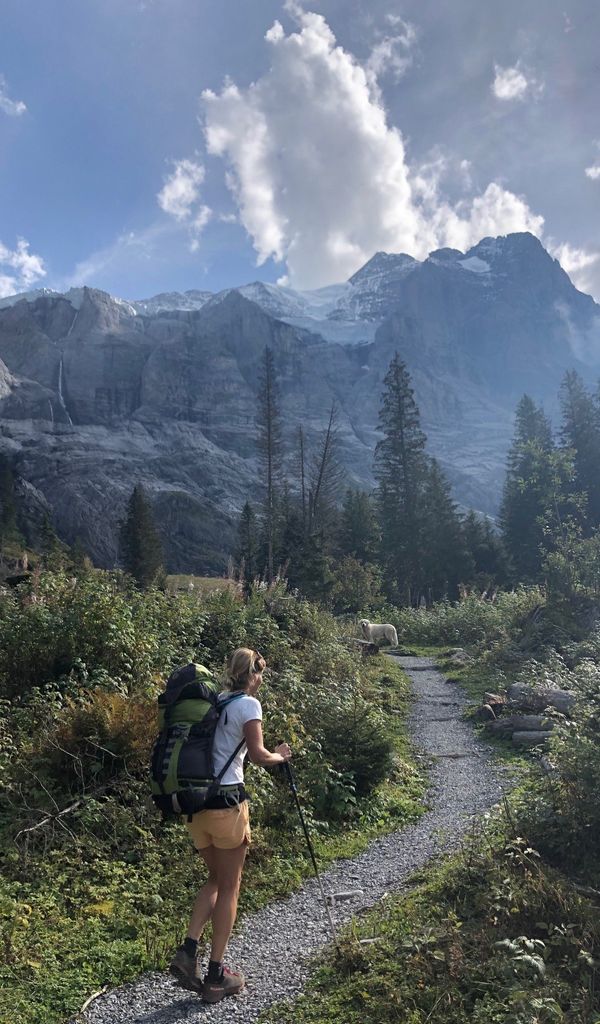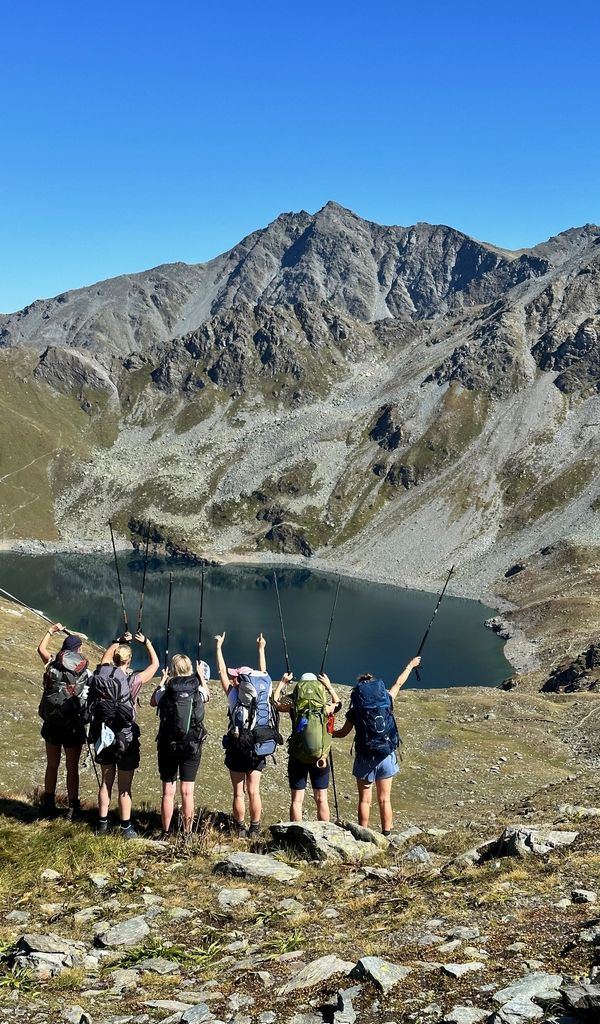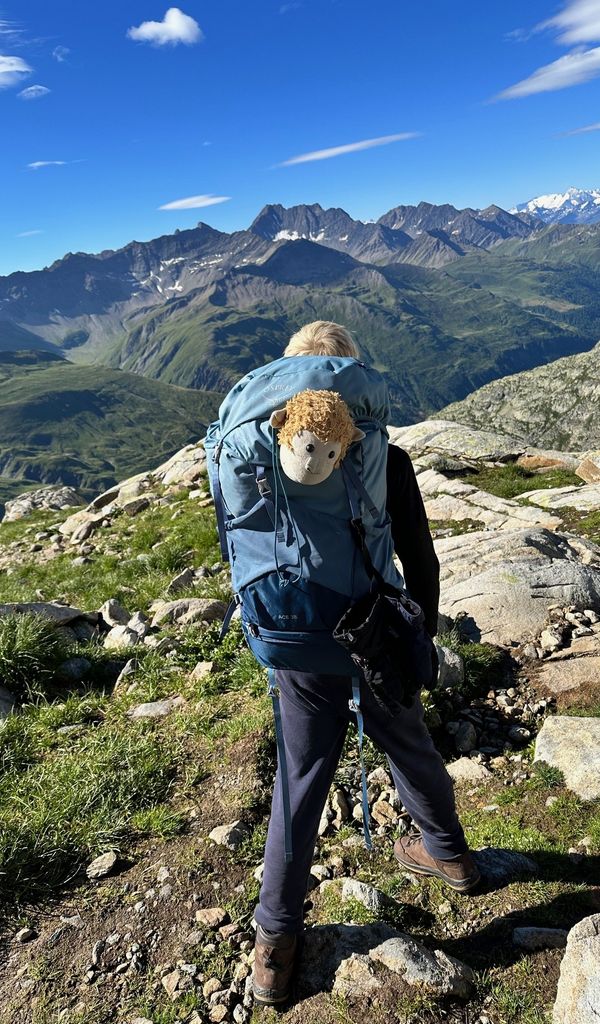 Hiking might not seem like a high-intensity sport, but don’t underestimate it: a multi-day trek through the mountains can be surprisingly demanding — especially when you’re carrying a 10–12 kg backpack. That’s why it’s smart to prepare well in advance, even if you’re already active or used to walking.
Hiking might not seem like a high-intensity sport, but don’t underestimate it: a multi-day trek through the mountains can be surprisingly demanding — especially when you’re carrying a 10–12 kg backpack. That’s why it’s smart to prepare well in advance, even if you’re already active or used to walking.
For most of us, climbing and descending for hours on uneven trails, with a fully loaded backpack for a hut-to-hut hike or a wild camping trip, is not something we experience every day. Without proper preparation, what should be an amazing journey can quickly turn into a struggle — and that’s the last thing you want!
To avoid spending your trip “surviving” instead of enjoying it, I highly recommend starting your training several weeks before your departure.
Below you’ll find a training schedule you can use as a guideline. And don’t worry if you don’t complete every session — every bit of preparation helps!
.
Tips for a Smooth Preparation:
- Arrive a few days early if you can. This gives your body time to acclimatize to the altitude and ensures an easier start to your trek.
- Break in your hiking boots early. New boots can be stiff and cause blisters; wearing them in advance makes a huge difference.
- Train with a backpack. Gradually increase the weight up to 10–12 kg so your shoulders, back, and legs get used to the load.
.
Training Schedule: 8 Weeks of Preparation
 This plan is designed to build your endurance, strength, and hiking fitness step by step, so you can fully enjoy your adventure.
This plan is designed to build your endurance, strength, and hiking fitness step by step, so you can fully enjoy your adventure.
Weeks 1–2: Build a Base
- 2x per week strength training (focus on legs, core, and back)
- 1x per week stair climbing or uphill walking with a light backpack (5–6 kg)
- 1x per week a relaxed endurance walk (8–10 km)
Weeks 3–5: Increase Endurance
- 2x per week strength + stair/hill workouts (6–8 kg backpack)
- 1x per week a longer hike (12–16 km, 500–800 m elevation gain)
- 1x per week mobility exercises or light yoga
Weeks 6–7: Trek Simulation Weeks
- 2x per week stair climbing or hill workouts (10–12 kg backpack)
- 1x per week a full-day hike (15–18 km, 800–1000 m elevation gain)
- 1x per week an easy recovery walk or swimming session
Week 8: Taper and Recover
- Short, easy hikes, light stair sessions, and lots of stretching
- A calm recovery week to arrive fresh and ready for your trek
.
Final Thoughts
Training for your mountain trek doesn’t have to be a chore — see it as a way to make your trip even more enjoyable. When you start your adventure fit and confident, every step becomes easier and more fun.
And remember: this training plan is a guideline, not a strict must-do list. Every little bit of training you do will help you get the most out of your journey!
Wishing you happy preparations and an unforgettable trek!



